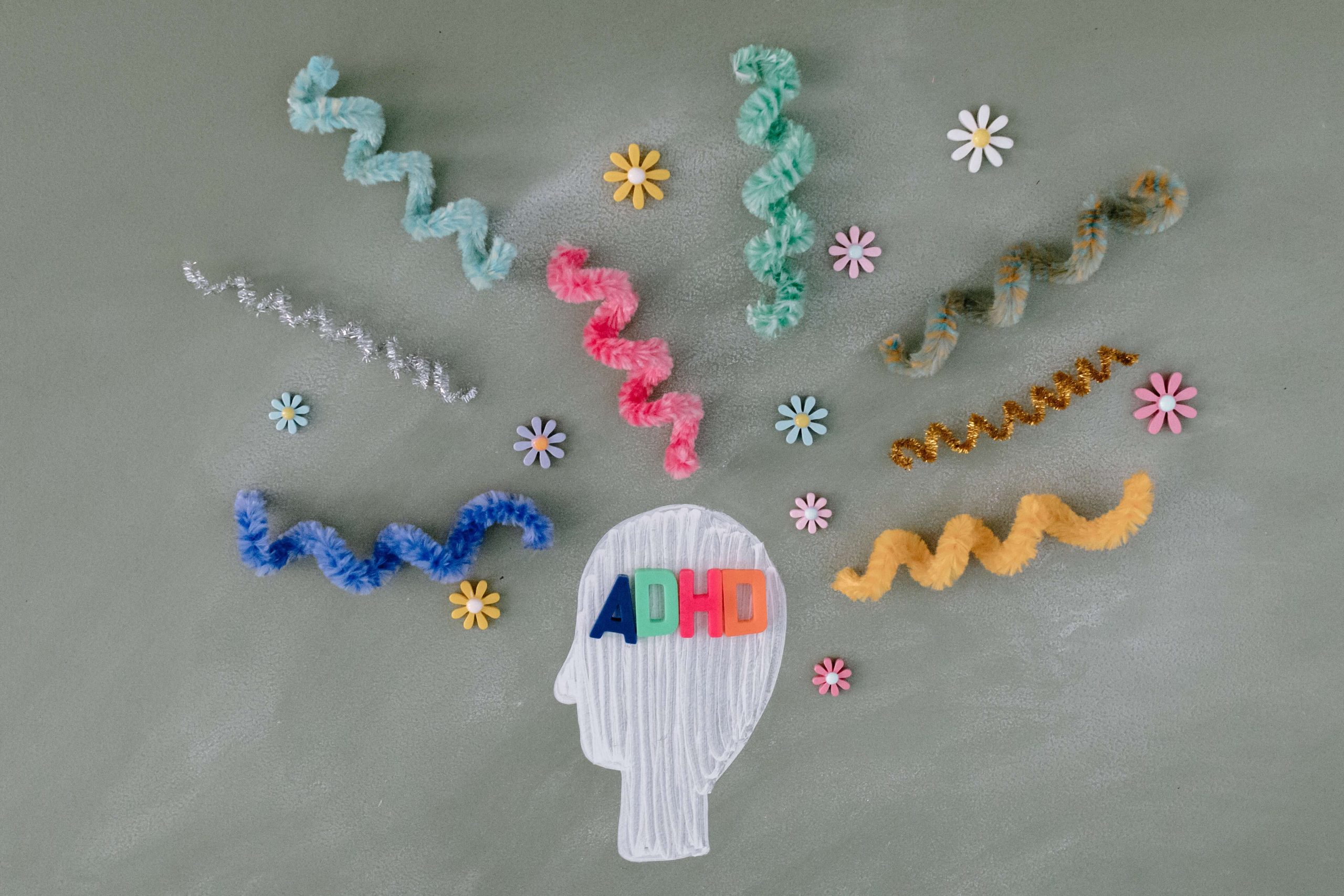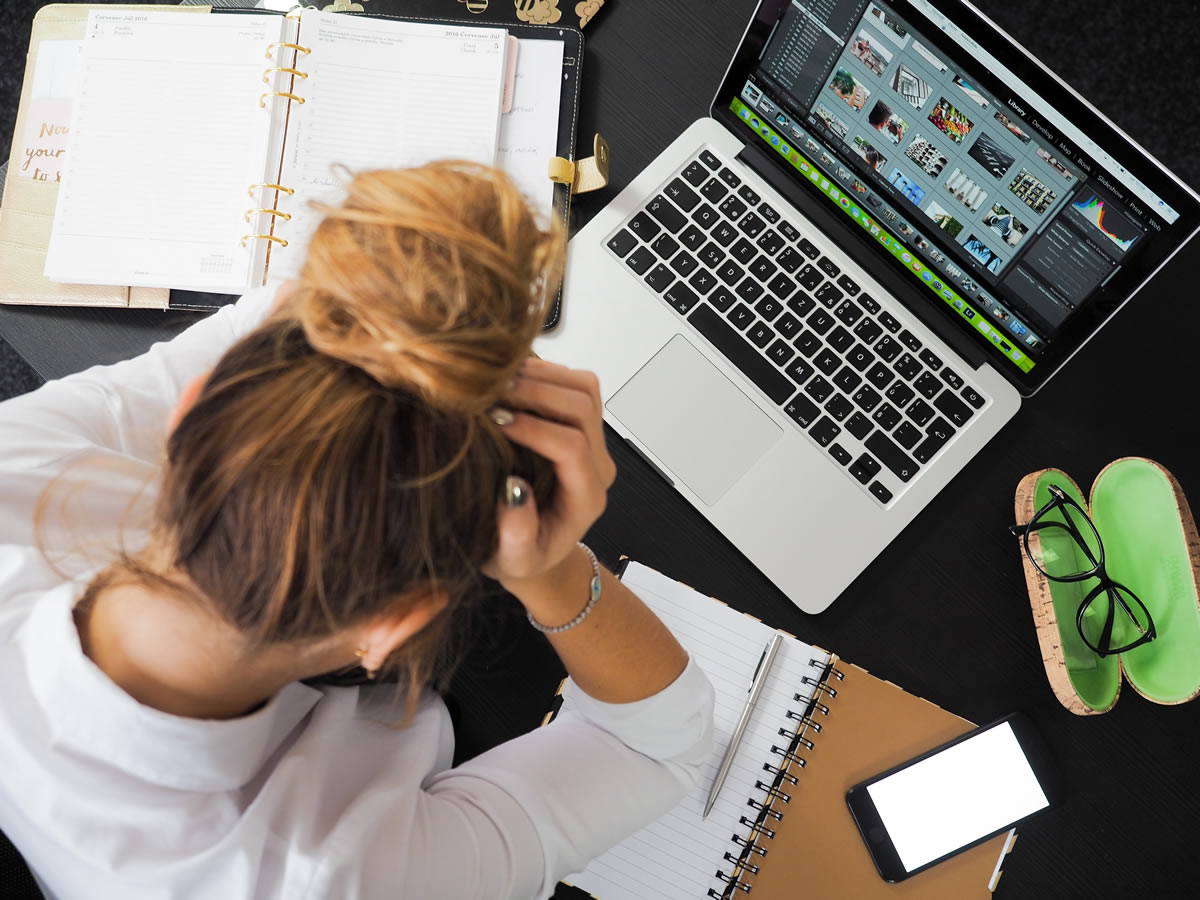When you can’t regulate your emotions
Having difficulty regulating your emotions? Wish you were more emotionally intelligent? The term for this is emotional dysregulation – and it is a common mental health issue. One that can have a significant impact on a person’s quality of life.
As a clinical psychologist, I’ve seen firsthand how challenges with managing emotions can cause not just intense emotional distress, but also difficulty with self-esteem, daily functioning, and problems in relationships.
However, the good news is that there are strategies that can be effective in managing these challenges and in building emotional intelligence.
In this blog post, I’ll be sharing two tips to help you manage emotional dysregulation, based on my experience working with clients in my practice who also struggle with anxiety and/or ADHD. Emotional dysregulation is common, and we all experience it sometimes. For clients with anxiety, ADHD, or other neurodiversity, the challenges can be increased.
Whether you’re looking for ways to improve your mental health or support a loved one who is struggling, these tips may help you navigate these challenges more easily, helping you feel more resilient.
Let’s start with exploring emotional regulation – and dysregulation. We know good emotional intelligence is important, as it can help us to regulate our emotions when stressed.
Emotional dysregulation is often used to describe the difficulties a person can have expressing emotions in a way that is appropriate to the situation.
This can include:
✅ intense emotional reactions that are out of proportion to the situation,
✅ difficulty in controlling emotions, or
✅ a tendency to feel emotions more strongly than others.
Emotional dysregulation can be caused by a whole range of factors, including genetics, trauma, executive functions, working memory problems and environmental stressors.

When people have anxiety, they may struggle with emotional dysregulation due to the intense worry and fear they are experiencing.
ADHD’ers may struggle with emotional dysregulation because of a difficulty with impulse control and difficulty in regulating attention, which can impact the ability to regulate their emotions.
Emotional regulation can be a significant challenge, as it can impact relationships, daily functioning, and our overall well-being.
But, with the right strategies, it’s possible to reduce their impact on your daily life. As a clinical psychologist, I’ve worked with many clients who struggle with these issues. Let me share two simple tips that can be particularly helpful.
#1 Practice mindfulness
Mindfulness is a technique that involves paying attention to the present moment without judgment. It can help reduce anxiety by allowing you to focus on the here and now instead of worrying about the future. It can also be helpful for improving emotional regulation because it allows you to identify your feelings and respond to them in a more balanced way.
To practice building mindfulness skills, try setting aside a few minutes each day to focus on your breath. Close your eyes and take a few deep breaths, feeling your breath move in and out of your body. Notice any thoughts or feelings that arise, but don’t dwell on them. Instead, gently bring your attention back to your breath.
Mindfulness can help reduce anxiety because it involves focusing on the present moment and accepting things as they are, rather than worrying about the future or ruminating on the past. When you’re anxious, your mind tends to race with thoughts and worries about what might happen, which can cause physical symptoms like racing heart, sweating, and trembling.
By practicing mindfulness, you can learn to observe these thoughts and feelings without getting caught up in them. This can help you develop a sense of distance from your anxiety, which can reduce its intensity and impact on your daily life.
Additionally, mindfulness can activate the parasympathetic nervous system, which is responsible for the “rest and digest” response. This can help counteract the physiological symptoms of anxiety, such as increased heart rate and shallow breathing, and promote a sense of relaxation and calm.
For ADHD’ers, research has shown that mindfulness can be effective in improving ADHD symptoms, including inattention, hyperactivity, and impulsivity. A 2019 study published in the Journal of Attention Disorders found that mindfulness training was associated with significant improvements in ADHD symptoms, including better attention and self-regulation.
Overall, mindfulness is a powerful tool for managing anxiety because it helps you cultivate a non-judgmental awareness of your thoughts and feelings, and teaches you to respond to them in a more balanced and calm way. And it can bring significant benefits for ADHD’ers.
#2 Use a planner or schedule.
Using a planner or diary with a task list can be a helpful strategy for managing anxiety, ADHD, and emotional regulation.
When you have a lot of tasks to complete or appointments to attend, it can be easy to feel overwhelmed and stressed, which can exacerbate the symptoms of anxiety or ADHD. By using a planner, diary or task list, you can break down your day or week into manageable chunks and prioritise your tasks, which can help you feel more in control and reduce stress.
For people with ADHD, using a planner or diary can be especially helpful because it can provide a structure for managing their time and keeping track of tasks. This can help them stay organised and avoid getting distracted by competing priorities. Additionally, the act of writing things down can be helpful in improving memory and recall, which can be a challenge for people with ADHD.
For people with anxiety, using a planner or schedule can help reduce worry and promote a sense of calm by providing a clear plan of action. It can also help with emotional regulation by breaking larger tasks into smaller, more manageable steps, which can reduce the sense of overwhelm and make it easier to focus on the task at hand.
Start by setting aside some time each week to plan out your schedule. Write down all of your appointments, deadlines, and tasks, and then prioritize them based on their importance. Try to break larger tasks into smaller, more manageable steps, and be sure to build in some time for self-care and relaxation.
In conclusion, emotional regulation can be hard to manage, even more so if you have anxiety, ADHD, or both! But with the right strategies, it’s possible to reduce their impact on your life.
By practicing mindfulness, using a planner or diary, and practicing self-compassion, you can improve your ability to cope with these challenges and live a more fulfilling life.







